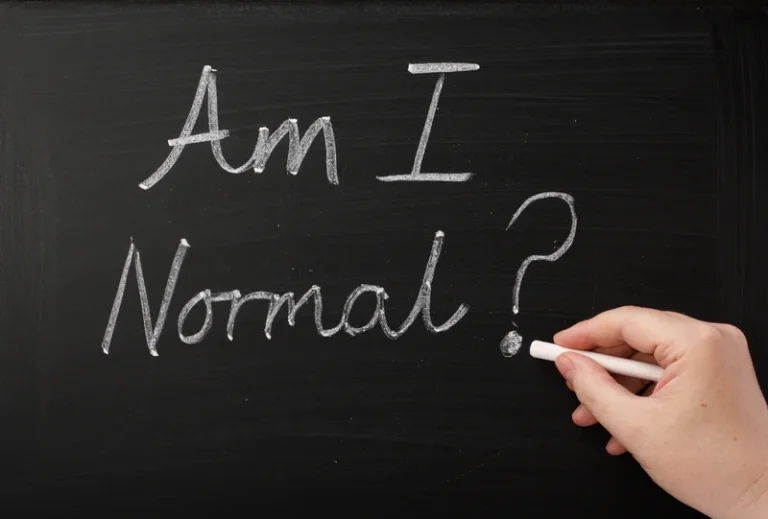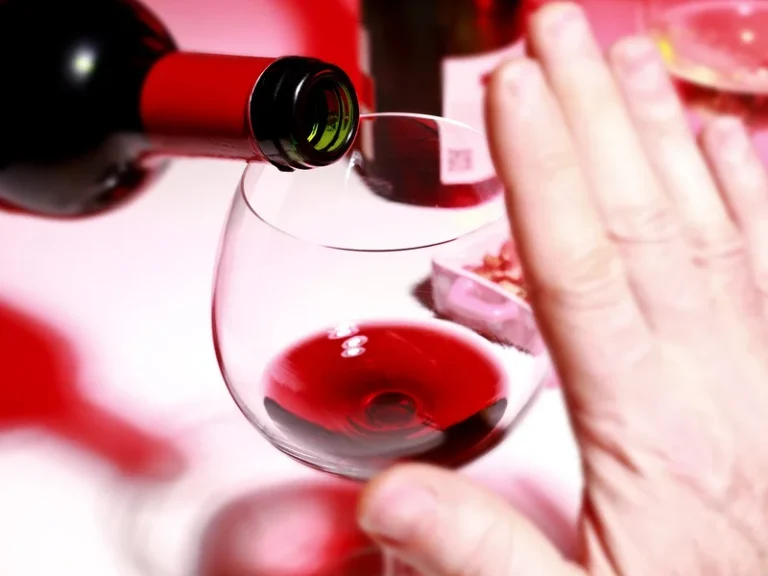
Although the application of what is known about cognitive recovery to alcoholism treatment is in its early stages, several recommendations can be made that then must be tested with appropriate research designs. Prolonged alcohol abuse can lead to structural changes in the brain, including shrinkage of brain tissue and the loss of white matter, which is crucial for efficient communication between brain regions. I know some of the tips we provide seem very basic, but sometimes, the foundational basics are essential when it comes to alcohol recovery. From 2 months to 5 years of abstinence people makeincredible cognitive gains and get very close to a full restoration of normal functioning. Without treatment, DT can be fatal in more than one-third of people whom it affects. People with DT may experience seizures, dangerous changes in blood pressure, and excessive vomiting and diarrhea, which can result in nutritional deficiencies.

Days Alcohol-Free: Common Challenges on the Path of Quitting Alcohol
- This experience-dependent recovery may happen spontaneously because of naturally occurring events, as when a job requires that a task be performed repeatedly.
- Brain fog and long-term alcohol misuse can increase vulnerability to mental health disorders such as anxiety and depression.
- If someone experiences brain fog in the weeks after their withdrawal, they may have a mental health problem.
- We exist in a culture where it’s socially acceptable to consume caffeine and alcohol, especially in moderation.
Eating a healthy diet is another way to help relieve the symptoms of alcohol fog or any type of brain fog. This is because sleep disorders can disrupt the quality and quantity of sleep, which can lead to fatigue and difficulty thinking clearly. Another way that alcohol can affect the brain is by reducing its size. Our brains naturally shrink as we age, but heavy drinking and binge drinking can exacerbate those effects.

Prioritize sleep
They can help you find treatment options to reduce its impact on you. Alcohol-induced brain fog is a state of confusion, lack of focus and mental obscurity that can occur after drinking alcohol and during withdrawal. If you’re seeking a fresh start, a Greenville South Carolina rehab center can offer detox programs alcohol brain fog that effectively manage withdrawal symptoms and safely eliminate alcohol from your body. Although there’s no definitive answer regarding their impact on brain fog, these programs often include practices like rehydration and replenishing electrolytes, which aid in restoring the brain after alcohol consumption.
Sleep and Stress Management
There’s a powerful story behind every headline at Ohio State Health & Discovery. As one of the largest academic health centers and health sciences campuses in the nation, we are uniquely positioned with renowned experts covering all aspects of health, wellness, science, research and education. Ohio State Health & Discovery brings this expertise together to deliver today’s most important health news and the deeper story behind the most powerful topics that affect the health of people, animals, society and the world. You can support more innovations fueling advances across medicine, science, health and wellness by giving today. Think about what your blocks are and why you feel events might not be as fun without alcohol.
Alcohol withdrawal brain fog

- Doctors have not yet established a safe level of alcohol consumption during pregnancy, so the best strategy for preventing fetal alcohol syndrome is to abstain altogether from alcohol at this time.
- You never have to say forever, but if you are sober curious or considering stopping drinking set yourself a temporary challenge to see how you can feel better without it.
- But a person who did not previously experience brain fog may experience it during or after withdrawal.
- People living with attention deficit hyperactivity disorder (ADHD), chronic pain, long COVID, sleep disorders, eating disorders and nutritional deficiencies, and other complex conditions can experience brain fog.
- These new approaches are more consistent with newer recommendations to avoid confrontational strategies and instead use strategies that increase motivation (Miller and Rollnick 1991).
Exercise Your Brain
- This is because dehydration can lead to symptoms like fatigue and difficulty concentrating.
- Not only must the alcoholic make changes as part of treatment, but the new behavioral repertoire learned also must be implemented in constantly varying daily situations.
- After only one night of poor sleep, our cognitive functions and performance start to decline.
- However, brain fog can persist for extended periods for some individuals and may require professional intervention.
- Spending time in nature has been shown to have many benefits for brain health.
- Another way that alcohol can affect the brain is by reducing its size.
Care and Treatment
- In the short term, a head injury can cause confusion and disorientation.
- Brain fog can be caused by various factors, such as lack of sleep, stress, malnutrition, medication, neuroinflammation, and the use of certain substances, such as alcohol.
- A few ibuprofen and a massive glass of water can cure your basic hangover symptoms, but brain fog after drinking isn’t always so easy to shake.
- In fact, a 2021 study found that 7 percent of people with long-haul COVID-19 reported brain fog.
